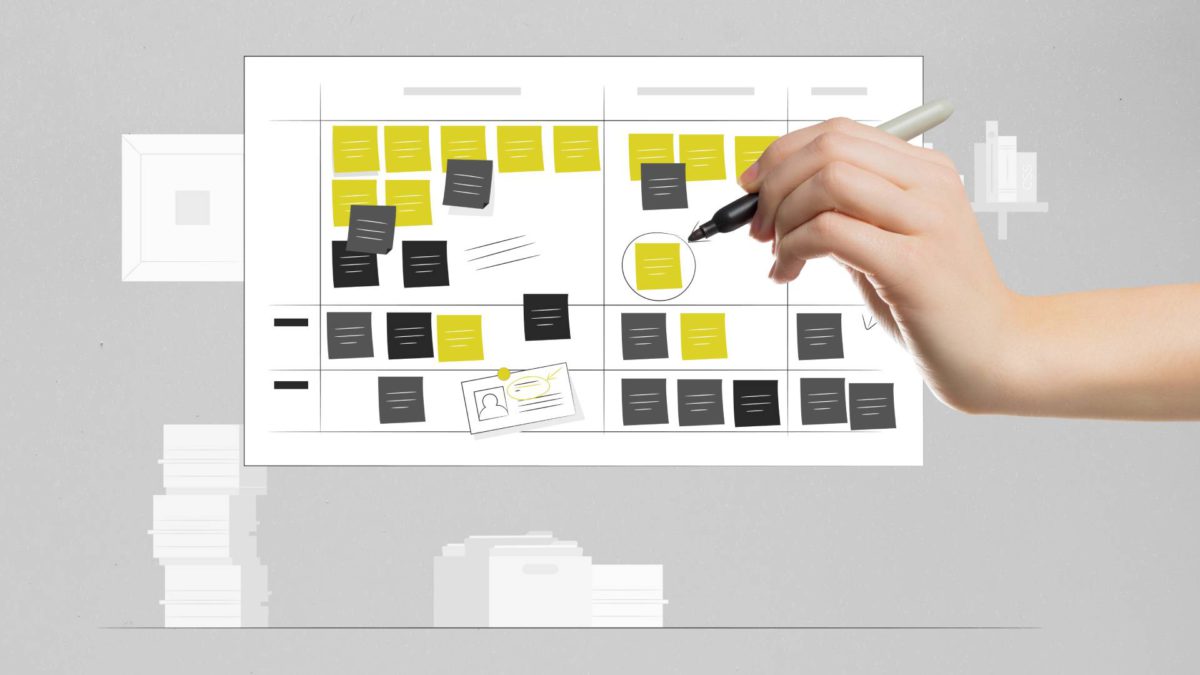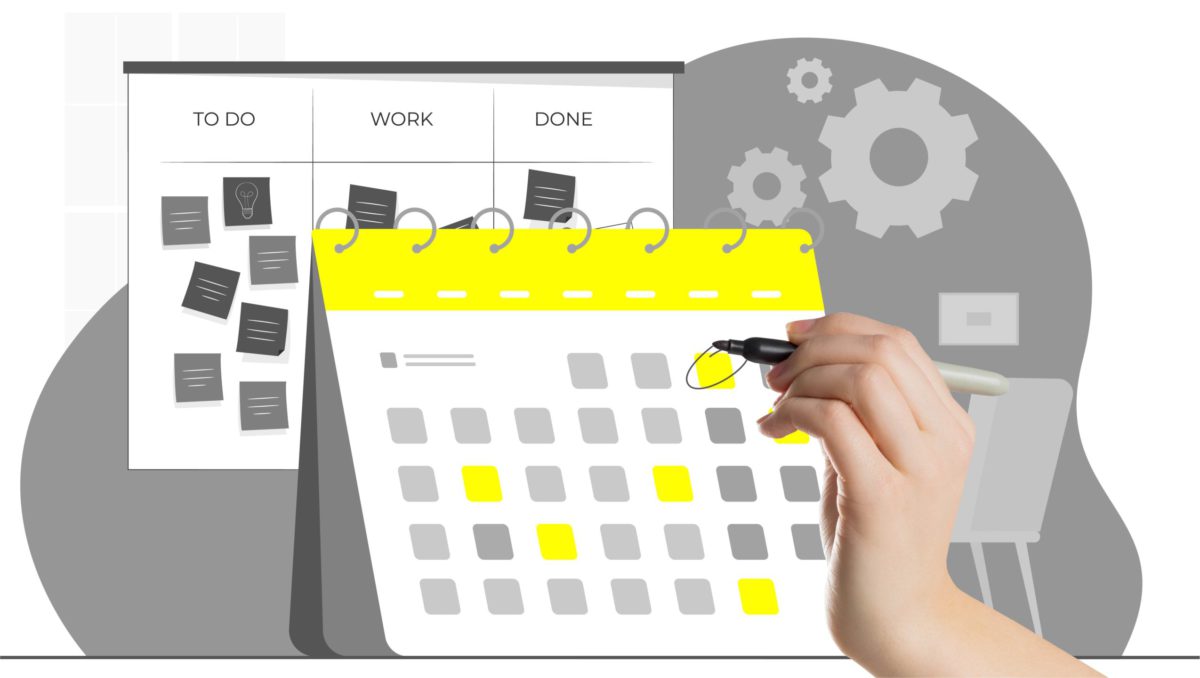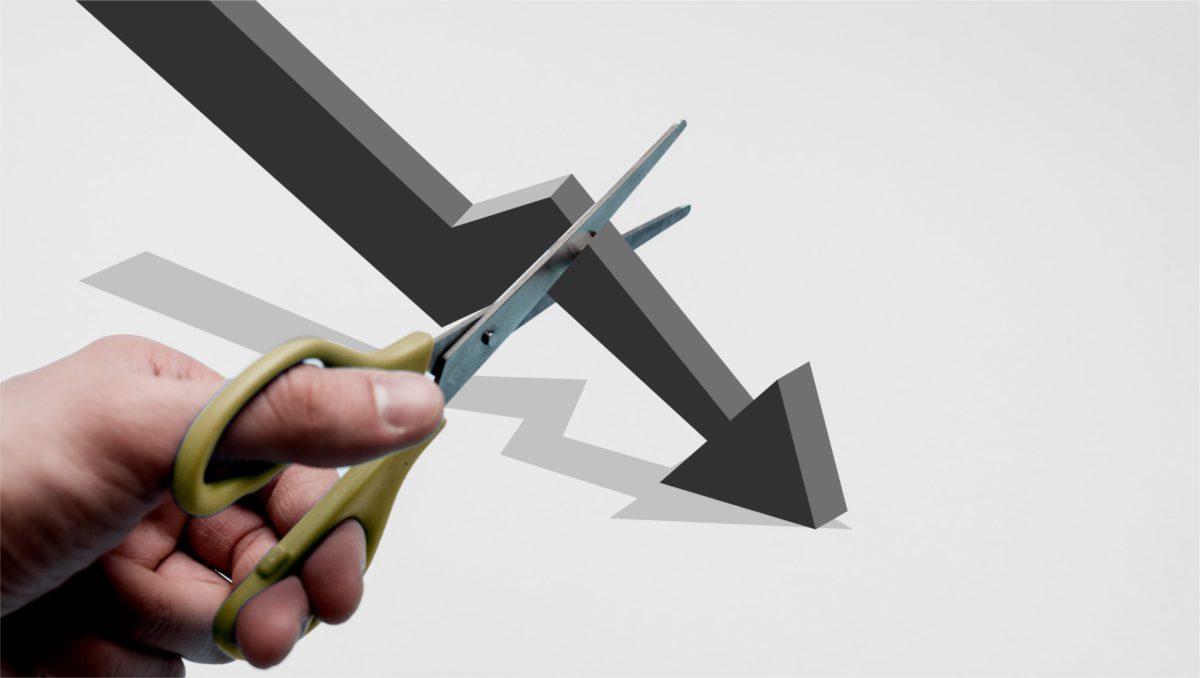In Cal Newport’s book, Deep Work, he emphasizes the importance of focusing on work without any distractions to obtain full productivity. At Rocket Station, we place so much importance in getting the job done in a way that exceeds expectations. However, we cannot do that with multiple distractions coming our way.
As remote workers, we are highly dependent on technology to keep us productive and connected with each other, however, Newport feels this can be more of a hindrance to our minds zoning in and getting the work done. Instead, Newport introduces a new skill called: DEEP WORK
Let’s be honest, nowadays, it is incredibly difficult to stay focused at work. All the distractions we have daily are too many to count. From the house chores to noises from our neighbors to our phones chiming nearly every minute to our children and pets sometimes grabbing our attention for a quick snuggle. We are all in the same boat with regards to focusing.

So, what is Deep Work?
Deep Work is a professional activity performed in a state of distraction free concentration. It pushes your cognitive ability to its limit. These efforts create new value, improve your skill and are hard to replicate. Newport differentiates Deep Work from Shallow work by defining shallow Work as non-cognitively demanding, logistical-style tasks, often performed while distracted. These efforts tend to not create much new value in the world and are easy to replicate. Essentially, it is us on autopilot.

Why is deep work valuable?
It is valuable because it enables you to finish more tasks in a shorter amount of time. It is essentially, learning to single-task, not multi-task, without distractions, in a state of intense focus, for extended periods of time.

Intense focus – Placing all your energy into one specific task will help you work faster with this task as the only thing in mind. Thus, helping you finish tasks quickly

Single-tasking – Research has proven repeatedly that multitasking makes people less productive. So, by placing all your attention into just one task, you get to place more attention to your work and produce better results.

No distractions – Noy having anything ruin your concentration can aid you in making things go your way faster in completing your task.

How can you apply Deep Work into your schedule?
As a company, you can intentionally set a particular day and time frame for all your team members to focus on Deep Work. All notifications off and set that allotted time for work.

For individuals, Deep Work can be done using these following steps:

Make Time – Make time for it and make it consistent. They say that consistently doing an action for 21 days can make it a habit. So, incorporate Deep Work into your schedule and make it a habit for uninterrupted workflows and increased productivity.

Determine the goal and desired outcome – There are two types of goals: (1) Outcome Goals and (2) Process Goals. The desired outcome we are asking you to determine is an outcome goal. Outcome goals deal with what you wish to accomplish by finishing a certain project or establishing a goal. For sake of this discussion, process goals are step by step goals that you finish to reach the desired outcome.

Turn off push notifications, avoid social media and e-mails— This may cause some adverse reactions with some of us, especially as remote workers; but the goal it to truly work with zero distractions so we can finish more work. So, it would not hurt to tell your team that you’re on your deep work session from let’s say 9:00am – 12:00noon; that way any emails or notifications sent, they know will be responded to after your deep work session.

Beware Attention Residue
The reason why Newport places so much emphasis on Deep Work is because he warns us of Attention Residue. Meaning, if you multitask from one task to the other, your mind’s attention is still left at the previous task you had just finished. Blocking you from fully concentrating on the new task, thus hampering your productivity, and producing work poorly. You are more likely to produce poor results in the next task.
Ergo, to stop this from happening, you can work singularly, and work deeply.
This June is Pride and Productivity Month at Rocket Station! We are using all our smarts to keep you clever and proud this month of the colorful flag. If you find these articles helpful, sign up in our mailing list and learn new things!
RELATED STORIES
SHARE















































rs_ph_website
June 22, 2021
1:39 pm
0 comments